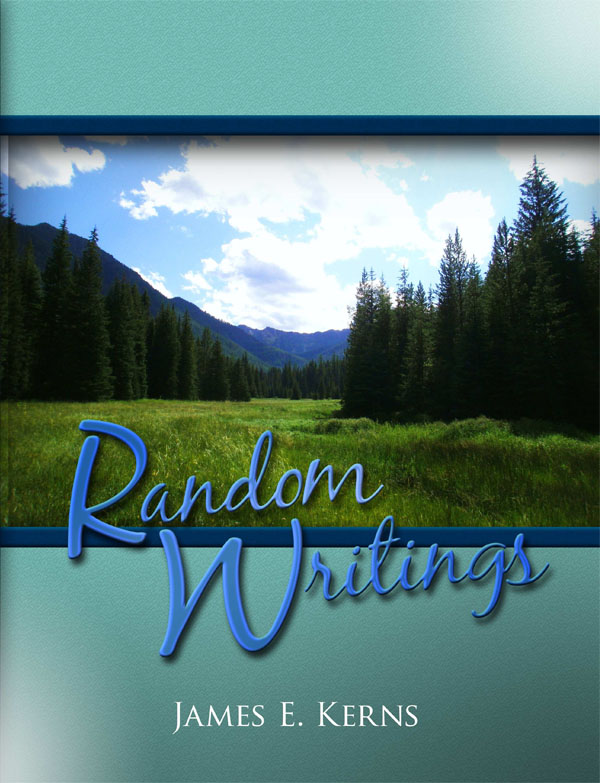Profundity or Prolixity
One of the greatest understatements of all time—perhaps the ultimate understatement—was uttered by Abraham Lincoln. In his famous Gettysburg Address he said, “The world will little note nor long remember, what we say here…”
How wrong he was! Countless numbers of school children, myself included, have memorized those three, short paragraphs. It is probably the most memorable, and memorized, speech of all time.
Contrary to legend, Lincoln did not write the speech on the back of an old brown envelope on the train going to Gettysburg. He wrote it before leaving Washington. He purposely made it short and concise. The very concision of the speech is what makes it so memorable and profound.
Edward Everett was the principal speaker, and preceded Lincoln, at the dedication of Gettysburg. He wrote to Lincoln, “I should be glad if I could flatter myself that I came as near to the central idea of the occasion in two hours as you did in two minutes.”
He obviously didn’t. His prolix speech (that is “unduly prolonged or drawn out”) has been forgotten.
Lincoln’s speech is remembered for its profundity. Everett’s speech was forgotten for its prolixity.
Let this be a lesson to us.
(Prolix and prolixity are new words that I stumbled across in the dictionary. They’re words I want to remember, so I wrote this).
